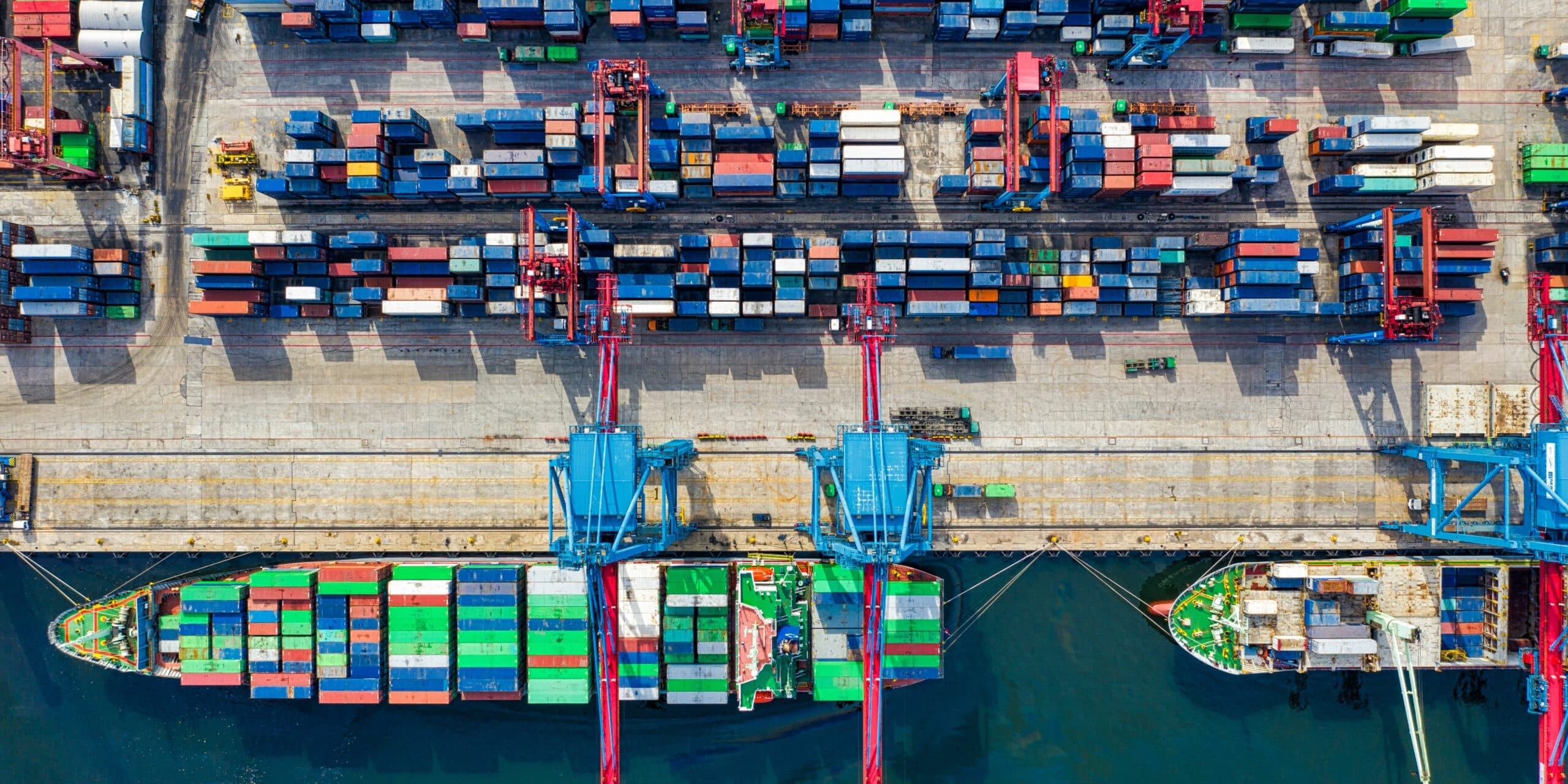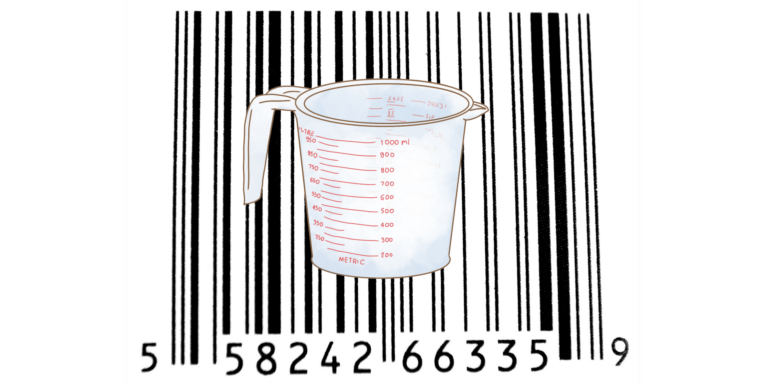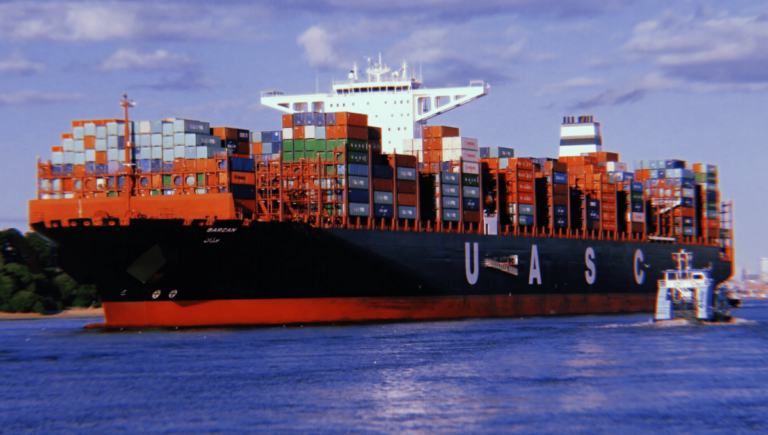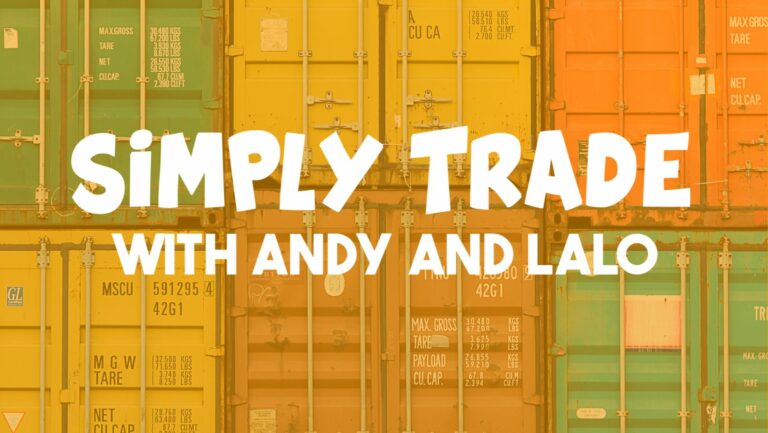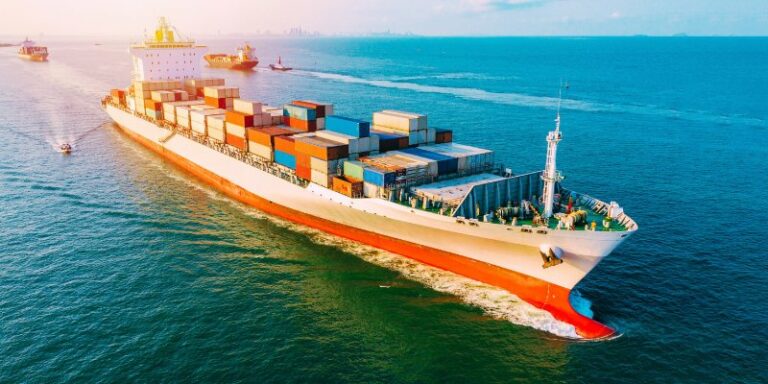Fourteen Countries Agree on Supply Chain Coordination in US-Led Indo-Pacific Trade Talks
Fourteen countries participating in the Indo-Pacific Economic Framework have agreed on supply chain coordination, marking the most substantial progress so far in President Joe Biden’s new initiative for the region. The announcement was made by Commerce Secretary Gina Raimondo and US Trade Representative Katherine Tai at a gathering of ministers from participating countries.
The US began the initiative, known as IPEF, as a way to counter China’s growing influence and make up for lost ground after pulling out of previous efforts to set regional trade rules. The countries included in the framework represent about $38 trillion in economic output and include Japan, India, and South Korea, among others.
The IPEF framework is the most significant American economic engagement in the region since President Donald Trump pulled out of the Trans-Pacific Partnership in 2017. However, it stops short of reducing tariffs like a traditional free-trade agreement, which some countries have sought.
The supply chain agreement includes creating a “response network” to provide emergency communications on supply chains and the establishment of a labor rights advisory board. The aim is to avoid the kind of bottlenecks that occurred during the Covid-19 pandemic, as well as future layoffs and stoppage of manufacturing and assembly lines. The supply chains agreement will offer a “concrete, practical solution” to future disruptions, according to Raimondo.
Steps on supply chains include establishing a council to coordinate in different sectors, preparing emergency responses, and creating a labor rights advisory board to address worker training. No sectors are singled out in the agreement, as the US will need to work with partners to determine what’s most important.
Supply chains are one of the four “pillars” in the framework that countries began discussing last year, along with clean economy, fair economy, and trade. While an agreement on supply chains marks progress, some of the remaining pillars could be harder to resolve, such as trade, in which India isn’t participating because of concerns about potential environment and labor commitments.
Overall, the IPEF framework is an important step for the US in countering China’s influence and setting regional trade rules. While the supply chain agreement is a significant achievement, there is still work to be done on other pillars, and reaching an overall agreement will require cooperation and compromise among participating countries.
Original Source: https://www.ajot.com/news/us-led-pacific-group-reaches-deal-on-supply-chain-resilience


